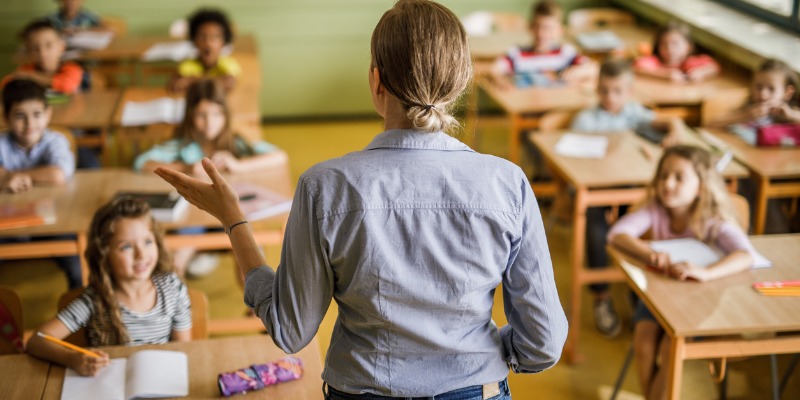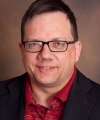Education schools do poor job of training teachers

Nearly a century ago, Lawrence Lowell, the retiring president of Harvard University, described his university’s education school as “a kitten that ought to be drowned.” While Lowell’s words were offensive, his point was clear. Education schools have a poor reputation. This was true in the early-20th century and it remains true today.
In 2006, Arthur Levine, former president of Columbia Teachers’ College (arguably the most prestigious teacher training institution in North America), wrote a devastating report about the status of teacher education, concluding that “the teacher education curriculum is a confusing patchwork.”
Not only that, Levine also observed that “research on teacher education is criticized by the academic community for its low quality and is ignored by policy makers and practitioners.” As a case in point, there’s a huge gulf between math professors and math education professors. Math professors have long been some of the harshest critics of teaching methods promoted in education schools.
In far too many cases, education schools have an inordinate focus on social justice education. For example, York University’s program of studies for prospective primary-junior teachers includes courses such as “Inclusion, Disabilities, and Education,” and “Teaching for Diverse and Equitable Education Classrooms in Ontario.” However, there appear to be no courses about classroom management, reliable and valid assessment methods, or research-based reading instruction. These omissions should worry parents.
One of the most popular textbooks used in education schools is Paulo Freire’s Pedagogy of the Oppressed. Freire, a Brazilian educator, wanted students to direct their own learning. This is often called student-centred or child-centred education. It closely parallels the romantic progressive approach espoused by 18th century philosopher Jean-Jacques Rousseau.
Modern-day education professors are, almost to a person, drawn to this philosophy because it appears to fit with an emphasis on social justice. However, what students, particularly those from disadvantaged backgrounds, really need are knowledge-rich and orderly classrooms.
Reading is the most important skill taught in school. If students don’t learn how to read, not much else that happens there will likely matter. Sadly, education schools remain beholden to whole language instruction where students are taught to guess words based on various contextual clues. However, research is clear that phonics instruction (learning how to sound out individual letters and letter-combinations) is far better than whole language.
In fact, this research is so clear that the Ontario Human Rights Commission recently released a report on this topic titled Right to Read, which found that students, particularly those from disadvantaged backgrounds, were being shortchanged by substandard reading instruction programs. Much of the blame ultimately lies at the feet of the education schools where teachers never learned the importance of phonics.
Research is equally clear that reading comprehension (understanding what you read) is closely tied to background knowledge. The more you know about a topic of an article or book, the more likely you’ll be able to read and understand it. Thus, teachers should provide students with knowledge-rich instruction. Of course, they won’t learn about this in education schools since professors remain beholden to the misguided theories of Freire and Rousseau.
Fortunately, there’s plenty of help available. Dr. Daniel Willingham is a cognitive psychologist at the University of Virginia who specializes in translating research about learning to K-12 classroom teachers. His latest book, Outsmart Your Brain: Why Learning is Hard and How You Can Make It Easy, is filled with practical suggestions for students and teachers alike.
For example, Willingham provides many helpful tips about how to read textbooks, how to study for tests, how to take notes, and even how to avoid procrastinating. These are the kinds of things that all prospective teachers should learn. It would certainly be a better use of their time than writing yet another personal reflection paper based on irrelevant education philosophies.
When one book contains more practical insights and wisdom than all the courses in the entire teacher education programs, something is wrong with the state of teacher education. Both teachers and students deserve better than what they’re getting now. Education schools are doing a poor job of training teachers. Serious changes need to happen, and they need to happen soon.
Author:
Subscribe to the Fraser Institute
Get the latest news from the Fraser Institute on the latest research studies, news and events.

